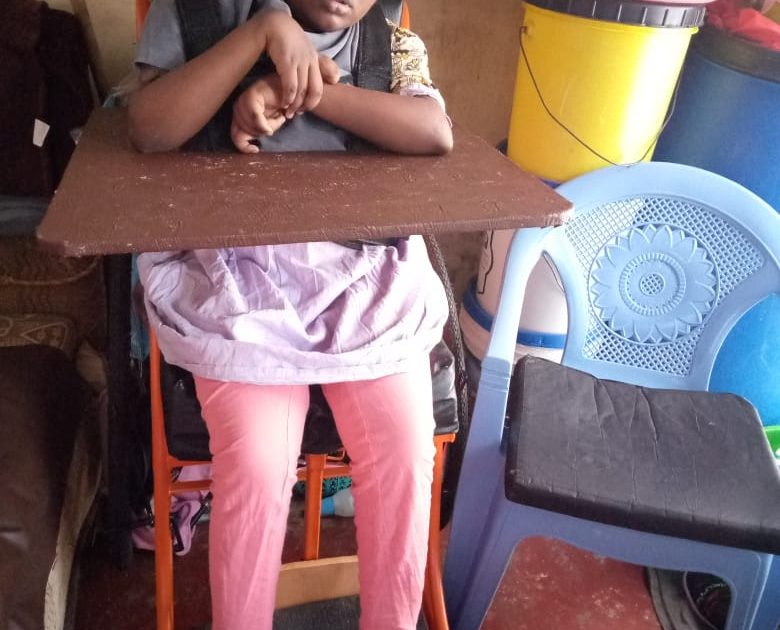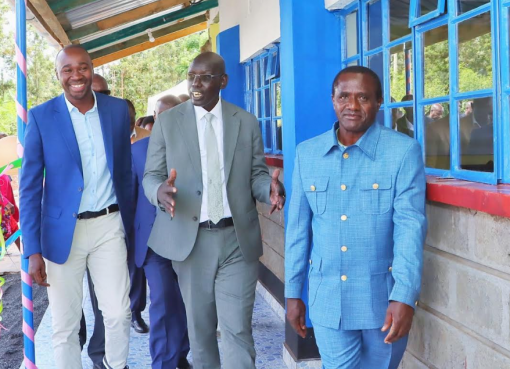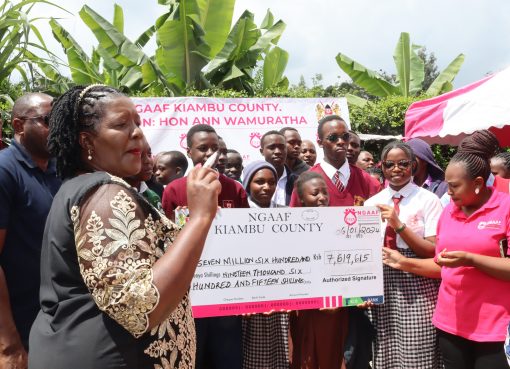As the National Hygiene Programme dubbed Kazi-Mtaani comes to an end, it has significantly helped the cohorts who are now more than willing to continue for more days.
Njeri who was in the Githurai group being supervised by Daniel Waithaka aka Minority says the proceeds from the programme have assisted her greatly to cushion her family from hunger and poverty.
The 42-year-old single mother of three says the money she has been earning for the 11 days a month has been going towards paying her monthly rent of Sh. 3000 in a one bedroomed house.
She thanked the Government for initiating a programme to cushion the vulnerable in the community. “Following the Corona pandemic I and most of my friends and neighbors lost our jobs because the company where we were working could not afford to continue paying our salaries and it had to close down,” she told KNA during an interview at Githurai Railway Station where they were sprucing the facility.
She stated upon payment which comes after the 11 days, she is able to pay her rent and the balance she goes to buy sugar and fruits which she sells in the flats in Githurai. “I deliver my groceries to the footsteps of my clients and because of my efficiency, they have retained me as their supplier of fresh melon, mangoes, and pawpaws which I purchase from Githurai market and resell,” she says.
She says the guarantee that they have always resumed after a break of 11 days has helped her to keep up with her business and does it vigorously during the break.
Njeri recalls that she had been married at a very young age but when her husband noted that her firstborn was a child living with a disability he abandoned them and relocated to another town then stopped seeing her. My mother-in-law even told me that in their lineage, they did not have people with such disabilities and that I should leave her son and take care of my children on my own, she says.
Njeri says when she heard the person she thought was going to be her savior disown her at the hour of need, she stared blankly for almost one-hour thinking of where she was going to begin. “I had to put in place a programme to seek medical attention for my child who has cerebral palsy,” she says.
She embarked on doing any manual jobs in Githurai including those that were a preserve for men. I wore a dust coat and was ready to be deployed even to unblock sewage which is a serious problem in this area. I did this so as to eke a living and provide for my children after their father walked out owing to the ailing condition of my daughter, Irene Nduta.
She became the sole breadwinner and she thanked God as all her neighbors supported her when she completely failed to get any casual job on very bad days.
Njeri says her daughter who is now 22 years has never stopped using pampers since she is also physically handicapped to use the toilet appropriately. “Since she was born, she has been using them and I have to ensure that she has enough so that she does not develop sores on her buttocks” Njeri says while embracing her.
Also because of her condition where she needs care throughout, Njeri says her business and also the Kazi- Mtaani enables her to multi-task and attend to her intermittently during the day.
Njeri says because of being stigmatized by her family for having a child living with disabilities, she has continued getting favor from well-wishers and the man continued to abuse alcohol and is not useful to himself. She says after he walked away, we met last year when his mother died and I took the children to bury their grandmother.
Comparatively, Njeri says she is happy with her children as a single mother as she has learned to play the role of mother and father and therefore does not look up to anyone to assist her.
She added that the father of the children wondered how she has been able to take care of three children and live with them in town and yet she is not employed. She says it is through God’s grace and favor that the NHP was initiated at the right time.
The noble programme, Njeri admits has greatly assisted her to take care of the children. She prays for an extension of the programme or any other that will take on board vulnerable members of the society.
By Lydia Shiloya





